In an international conference that brought together experts from across Europe to discuss critical issues in juvenile delinquency, IPS presented the ARISA Child project, with a focus on its policy paper ‘Reforming Youth Corrections’, which outlines actionable recommendations to ensure justice staff are equipped to meet the developmental needs of children in conflict with the law.
Unlike adults, children in conflict with the law experience unique developmental needs, shaped by their ongoing emotional, physical, and cognitive growth. However, the current practices in many countries often fail to address these specificities, perpetuating cycles of reoffending and undermining opportunities for meaningful rehabilitation.
One issue at the heart of the problem is the persistent gap in the training and preparedness of professionals working with young people in the juvenile justice system, in spite of specialised capacity-building in juvenile correctional services being emphasised by the EU Strategy on the Rights of the Child and the EU Judicial Training Strategy. The ARISA Child Project identifies this as a pivotal issue to close the gap between policy intension and training practices.
This is emphasised in ‘Comparative report assessing the training needs of prison and probation staff working with convicted children’ conducted in 10 EU member states – Bulgaria, Cyprus, France, Germany, Greece, Ireland, Italy, Portugal, Spain, and Sweden – which has already revealed low numbers of staff members receiving adequate education in child-friendly justice principles, child psychology, or trauma-informed care in the countries assessed by the project. This deficiency limits their capacity to engage with juveniles in a constructive manner, undermining efforts to address the underlying causes of delinquency and foster their rehabilitation process.
Considering the importance of specialised training for justice professionals working with young offenders, the ARISA Child project was featured in recent Pathways to Juvenile Delinquency conference, held on December 3–4 at the School of Criminology within the Faculty of Law, University of Porto. This in international event brought together experts from across Europe to discuss critical issues in juvenile delinquency, and covered themes ranging from the causes of youth offending, to practices in rehabilitation and reintegration. The conference programme offered rich opportunities to engage with new ideas and underscored the shared challenges and opportunities faced by justice systems across the EU and abroad.
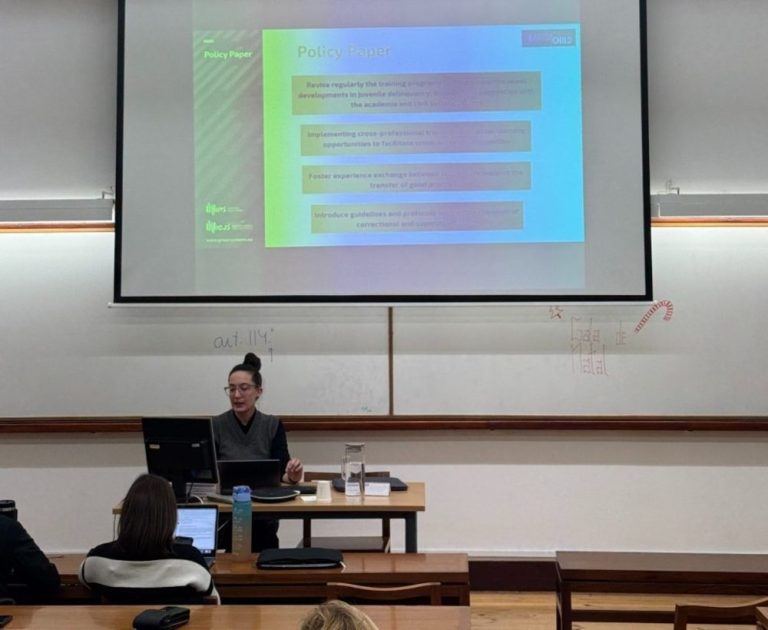
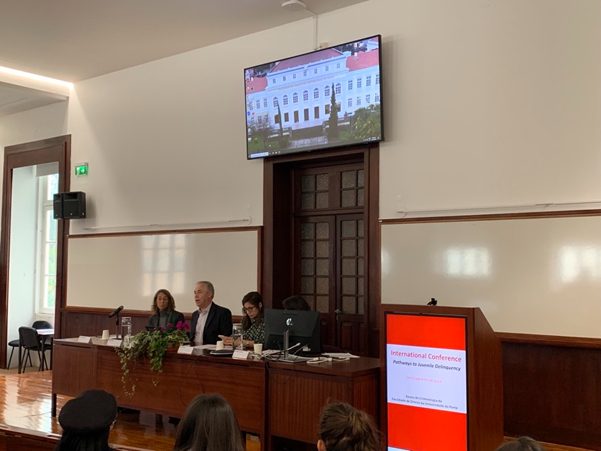
With the presentation ‘Unlocking Child-Friendly Justice: The Hidden Key to Reform Lies in Staff Training Policies’, IPS presented the ARISA Child project, with a focus on its policy paper ‘Reforming Youth Corrections’, which outlines actionable recommendations to ensure justice staff are equipped to meet the developmental needs of children in conflict with the law. By emphasising the importance of training in areas such as child psychology, communication, and diversity, the recommendations underscore the need for systems that are both effective and child-friendly.
The ARISA Child project’s recommendations advocate for reform, with a particular focus on the need for specialised training and the establishment of youth-specific facilities. By equipping juvenile justice professionals with interdisciplinary skills, the project suggests that justice systems can better engage with young offenders and address their unique needs. Countries like Germany and Sweden, which have implemented effective training programmes¹, provide examples of how investment in staff development can lead to positive outcomes for both individuals and society.
In response to these pressing challenges, the ARISA Child consortium is currently finalising the development of its Enhanced Capacity Training for Professionals Working with Convicted Children. This e-learning course, soon to be available in 6 languages (EN; BG; EL; ES; IT; PT), is designed for juvenile justice professionals, and includes eight core modules covering key topics such as the rights of children in conflict with the law, child and youth psychology, vulnerabilities and diversity, and effective communication. The course also emphasises the importance of collaboration with families and communities, aiming to promote a more holistic approach to rehabilitation.
If you are interested in attending the ARISA Child Dissemination & Networking event next February in Lisbon, or in accessing the project’s E-learning course, we kindly invite you to get in with us.
Please email [email protected]/ [email protected] for further information.
¹ Kasapi, Z. A.; Doichinova, M. (2024). Policy Paper: Reforming Youth Corrections. ARISA Child Project. Available at: https://arisa-project.eu/wp-content/uploads/2024/03/ARISA-Child-policy-paper EN.pdf
Know more about this project
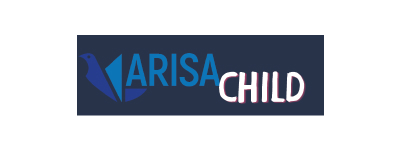
ARISA Child
Assessing the Risk of Isolation of Sentenced and Accused: Enhancing the Capacity of Correctional Services to Work with Convicted Children
The consortium developing this initiative is led by the Center for the Study of Democracy (Bulgaria), and partnered by IPS_Innovative Prison Systems (Portugal), the Centre for European Constitutional Law (Greece), Antigone (Italy), the Centre for the Study and Prevention of Crime (Spain), and the General Directorate Execution of Sentences (associated partner, from Bulgaria).
To know more about ARISA Child, please visit the project’s page.
Related projects
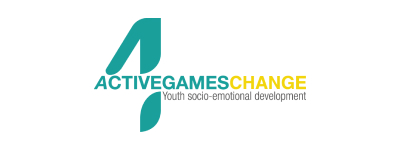
Active Games 4Change
Sport and physical activity learning environment for citizenship, emotional, social and e-competences training

EIGEP
European Interaction Guidelines for Education Professionals when working with Children in Juvenile Justice Contexts

FRAME GANG
European Framework of Competences for Community Professionals in Gang Environments

FUTURE-ART
Sentinels of the Future: Together to Eradicate Human Trafficking
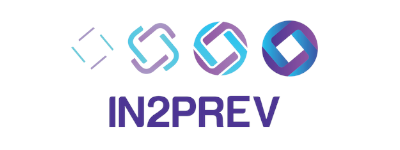
IN2PREV
Law enforcement and community cooperation and training approach to prevent radicalisation by ensuring refugees’ successful inclusion
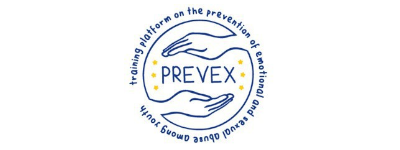
PREVEX
Preventing Emotional and Sexual Abuse Among Young People
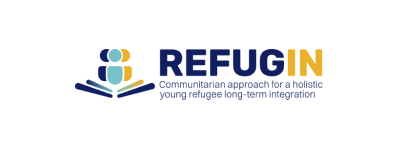
REFUGIN
Communitarian approach for a holistic young refugee long-term integration

REUNION
Rehabilitation of foreign inmates within the scope of FD 2008/909/JHA
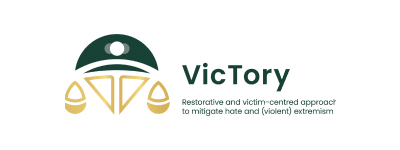
VicTory
Restorative and victim-centred approach to mitigate hate and (violent) extremism
Related news

JUSTICE TRENDS Magazine Launches 14th Edition: Expanding the Frontiers of Rehabilitation Support
Read More »
Pioneering new approaches to the integration of people who have been sentenced: Key insights for correctional professionals across Europe
Read More »
Older women in prison: Exploring intersectional vulnerabilities and sharing insights with the scientific community
Read More »
Building pathways to crime prevention through Community Policing and Rehabilitative Justice
Read More »



